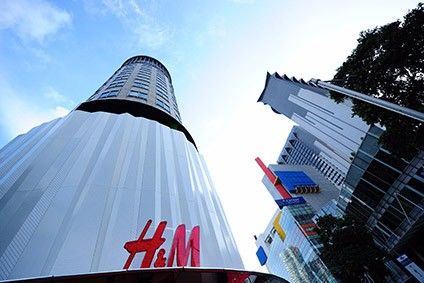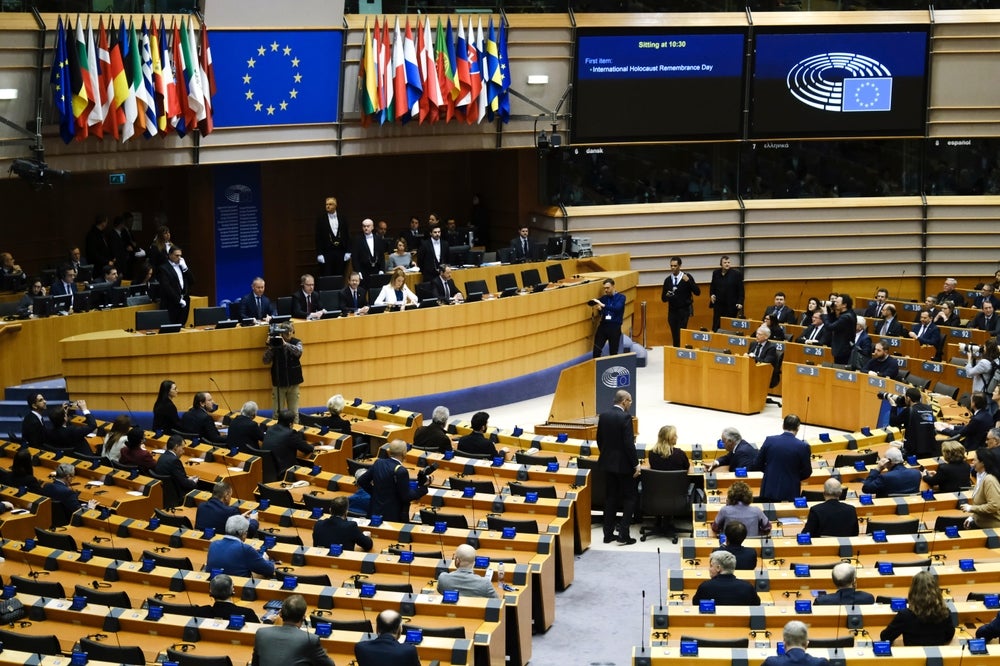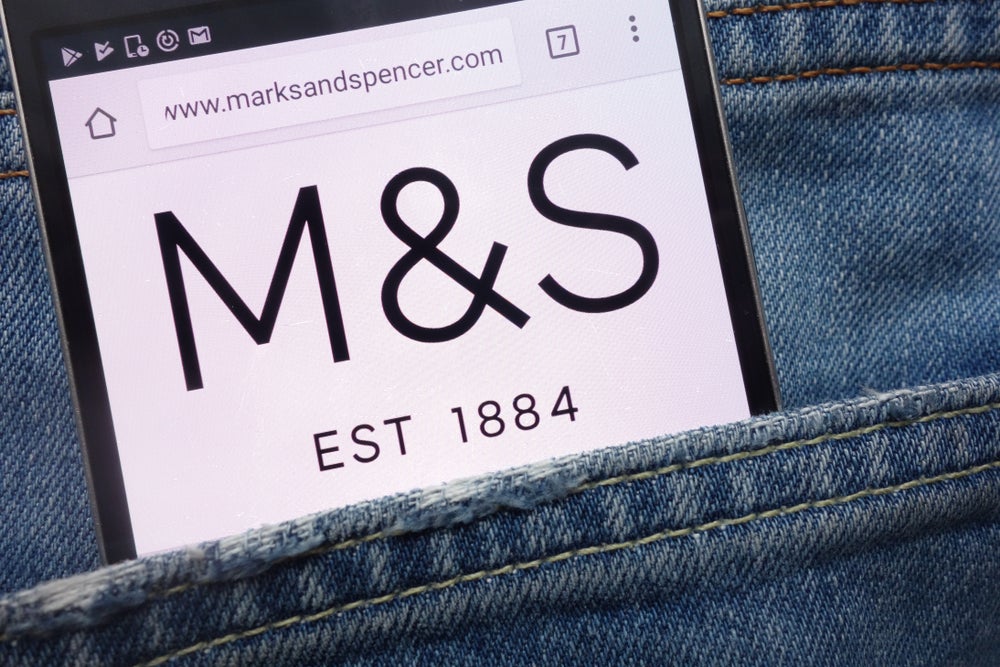
Swedish clothing giant H&M says almost 1m workers are now using its global Fair Living Wage Strategy, which encompasses the vision that a fair living wage should be paid by all its suppliers.
The first-of-its-kind strategy was presented for the first time in Berlin at the Conference on Living Wages in International Supply Chains on 25 November 2013. As part of the strategy, H&M committed to support the creation of the necessary processes and mechanisms for fair living wages, using two conclusions that continue to guide its work today:
- Workers should earn a wage that is enough to live on.
- H&M’s responsibility as a buyer is to influence the process of fair living wages, not to impose specific wage levels. Wages should be set through fair negotiations between the parties in the labour market: governments, employers and worker representatives.
The group also presented two time-bound goals for the work being done at factory level. By the end of 2018, it set out to:
- Implement improved wage management systems for all strategic suppliers.
- Empower garment workers by ensuring that democratically elected worker representatives are in place to cover 100% of the factories it works with in Bangladesh.
Today, H&M says the work it does at factory level – to create the foundation and processes for fair living wages – has grown from covering three factories in 2013 to now reaching 655 factories employing more than 930,000 garment workers and representing 84% of the retailer’s product volume.
More specifically, the retailer says 500 factories (representing 67% of its product volume) in ten countries are now implementing improved wage management systems. This covers 635,000 garment workers.
See Also:
Meanwhile, some 594 factories (representing 73% of H&M’s product volume) in ten countries are implementing democratically elected worker representation, covering 840,000 garment workers.
How well do you really know your competitors?
Access the most comprehensive Company Profiles on the market, powered by GlobalData. Save hours of research. Gain competitive edge.

Thank you!
Your download email will arrive shortly
Not ready to buy yet? Download a free sample
We are confident about the unique quality of our Company Profiles. However, we want you to make the most beneficial decision for your business, so we offer a free sample that you can download by submitting the below form
By GlobalDataIn addition, 100% of the tier one factories the retailer works with in Bangladesh had democratically elected worker representation by December 2017.
“I’m so proud of the dedicated work hundreds of colleagues around the world have done these past five years,” says Anna Gedda, head of sustainability at H&M group. “We’re doing something that nobody has ever done before. The results of our work in creating the foundation for fair living wages are exceeding our expectations, reaching close to a million garment workers. Now, the work continues – together with the rest of the industry.”
Next on the agenda is an independent evaluation, conducted by the Ethical Trading Initiative (ETI), which will be published and presented in December 2018.
“We will bring these experiences and share our learnings in order to outline the next steps in conjunction with relevant stakeholders to achieve lasting and sustainable change towards fair living wages,” says H&M.







